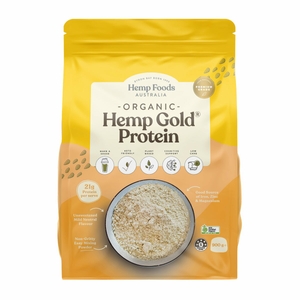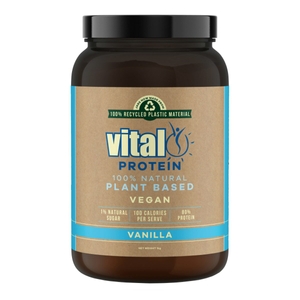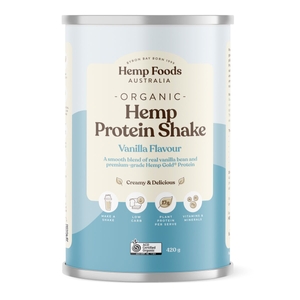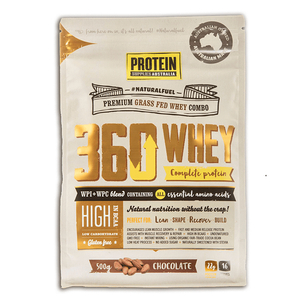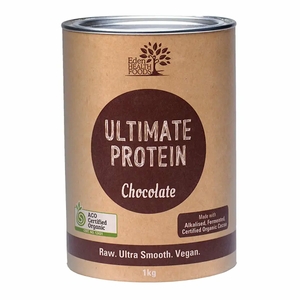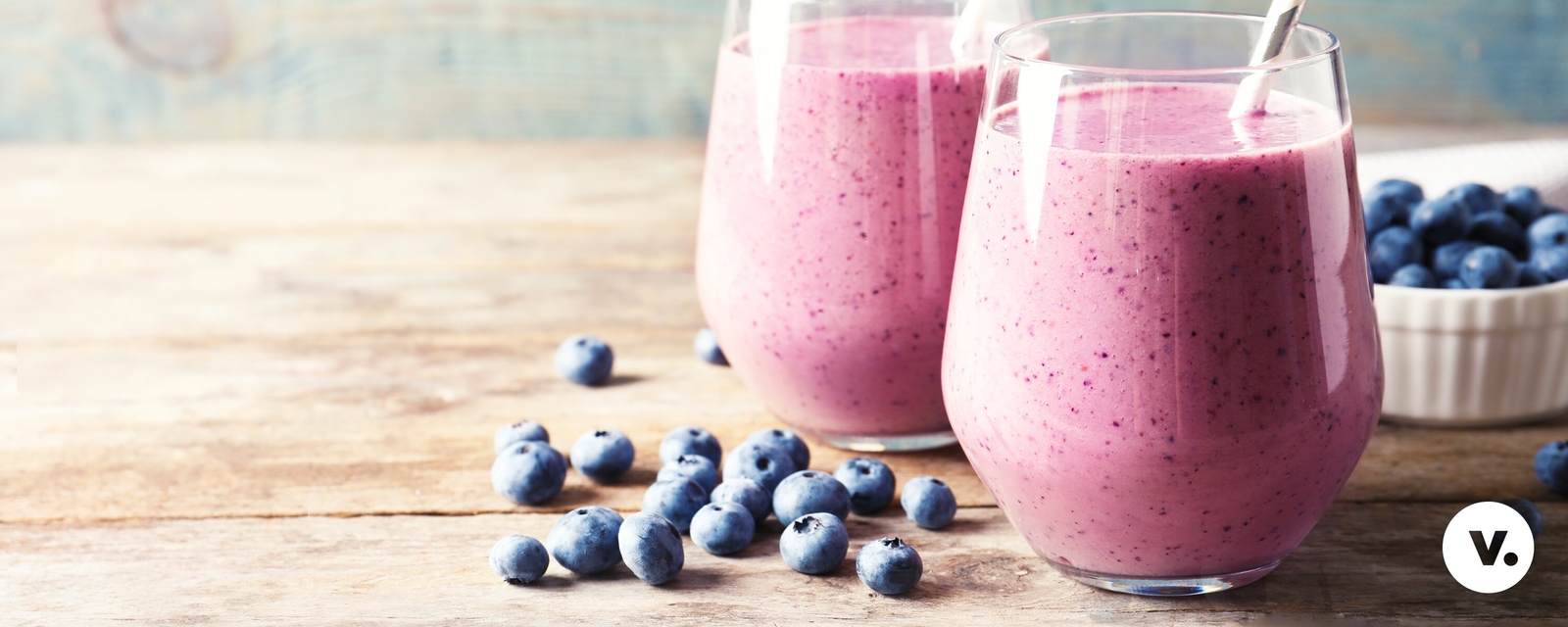
Not sure where to start? We’ll guide you through the key factors to consider.
What is protein and why is it important?
Protein is essential for growth and development. It helps to build, repair, and regulate important structures in your body, such as muscle, bone, skin, and hair (1). It is made up of amino acids, which your body uses to perform various functions, such as muscle growth, digestion, wound healing and energy production (1).
Adequate protein intake is beneficial for appetite control, as it activates your body’s satiety response (2). It stabilises blood sugar levels and prevents weight gain (2,3). It also helps your immune system function optimally, promotes better sleep and improves exercise performance (1,4,5).
How much protein should you eat daily?
Protein requirements vary depending on your age, gender, body weight and activity level; however, most adults need about 0.8 grams of protein per kilogram of body weight per day.
You can source protein from eating a variety of foods such as meat, fish, eggs, dairy products, nuts and seeds, beans, lentils, and soy products.
Protein powders can be a convenient way to boost your protein intake, support muscle growth, and help with weight loss (6,7). However, they should not be considered a replacement for a balanced diet.
How to choose the right protein powder:
1. Protein source
The best protein source for you will depend on your individual needs and goals, and any dietary allergies or intolerances you may have.
Whey protein
- Considered a complete protein containing all nine essential amino acids
- Beneficial for muscle growth and recovery after exercise as it contains the branched-chain amino acids (BCAAS)- leucine, isoleucine, and valine, which are important for muscle building (6)
- Avoid if you have a dairy allergy and go with one of the below options
- Some whey products on vital.ly (more coming soon)
Hemp protein
- Contains all the essential amino acids your body needs but cannot produce on its own
- Rich in heart-healthy omega-3 fatty acid
- Excellent source of zinc, magnesium, iron and fibre
- Easy to digest, making it a good choice if you suffer from digestive issues
- Some hemp protein products on vital.ly
Pea protein
- Considered a complete protein
- Good source of plant-based iron
- Contains arginine, which supports heart health by promoting healthy blood flow (7)
- Pea protein may help with weight loss as it takes longer to digest and helps regulate appetite (7)
- Some pea protein products on vital.ly
Brown rice
- Popular plant-based protein that is hypo-allergenic
- Does not contain all the essential amino acids, however it can be combined with other protein sources to form a complete protein
- Some brown rice protein products on vital.ly
2. Nutritional Profile
Check the label for protein per serving, as well as other important nutrients like carbohydrates, fats, and fibre. Look for a protein powder that offers at least 15g of protein per serving.
3. Flavour and Sweeteners
Choose a powder with a flavour you like, and avoid any added sugars or artificial sweeteners, such as sucralose, aspartame, xylitol, and saccharin. Look for a powder that uses natural sweeteners, such as stevia or monk fruit extract.
4. Ingredient Quality
Look for a protein powder with minimal ingredients and avoid those with artificial additives, preservatives, and fillers.
Supplementing with protein
Consuming enough protein through either dietary sources or supplementation is crucial for optimising your health. It can help boost weight loss, improve exercise performance, maintain and build muscle mass, and even promote better sleep.


